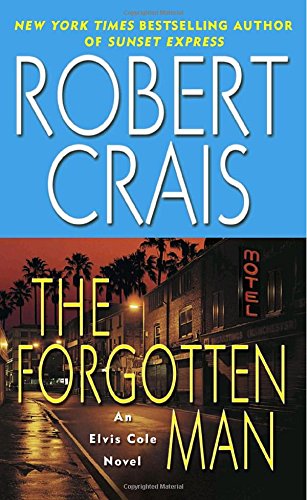



“Silent Cal” Calvin Coolidge certainly offered a contrast. And the Great Depression provided a golden opportunity. However, the fact of Roosevelt’s fickleness, double-mindedness, reversals, and seemingly random occasions of executive whimsy strongly suggest he was an opportunist. I might mistake FDR for an idealist had he been consistent in his stated economic theories or political principles. But FDR was going to fix things.Īnd in the midst of chaos, Roosevelt capitalized, waging lawfare on capitalism and the private sector unlike anything seen before in American history. Those who were seen as having defrauded, taken advantage, and cheated their way to the top had a reckoning coming. So, too, he amplified the voices of bitterness, envy, and resentment in the ranks of have-nots. And did he perceive in the Depression an opportunity to settle scores with, or win the ultimate game of one-upmanship against America’s upper class by ruining those he told the public possessed excessive wealth and power?įDR certainly played on the fact that many Americans were too afraid of what might happen without government intervention. Roosevelt, on the other hand, seems to have had an ax to grind. Put simply, Hoover believed he knew better than a nation of businessmen, tradesmen, and common folk the cure for what ailed America. He just had to try his hand at tweaking and adjusting the national economy also. Where he had been successful in turning around enterprises as a technical expert before entering the White House, Hoover carried on as before once in office. Though a Republican, Hoover had a bias for action. Government Interventionįor Hoover, the intervention stemmed largely from having been a successful, globe-trotting engineer in the private sector. At exactly the time when greater investment from the private sector – in economic growth and job creation – would have helped America turn the corner and correct the recession on its own, Hoover and Roosevelt could not help themselves. In Roosevelt’s rhetoric, the phrase stood for Americans who had not reaped enough economic benefits relative to the capitalists and captains of industry and therefore were the most vulnerable during the economic downturn.īut the Great Depression did not have to be so great and terrible. “The forgotten man” became a kind of shorthand during FDR’s election campaign and subsequent presidency. And that is the subject of the Amity Shlaes book, The Forgotten Man. Rahm Emanuel’s sentiment perfectly expresses the opportunist crusading Franklin Delano Roosevelt’s Progressive administration engaged in on the pretext of combating the Great Depression. What I mean by that it’s an opportunity to do things that you think you Wall Street Journal “You never want a serious crisis to go to waste. Former White House Chief of Staff and Chicago mayor Rahm Emanuel once told the


 0 kommentar(er)
0 kommentar(er)
